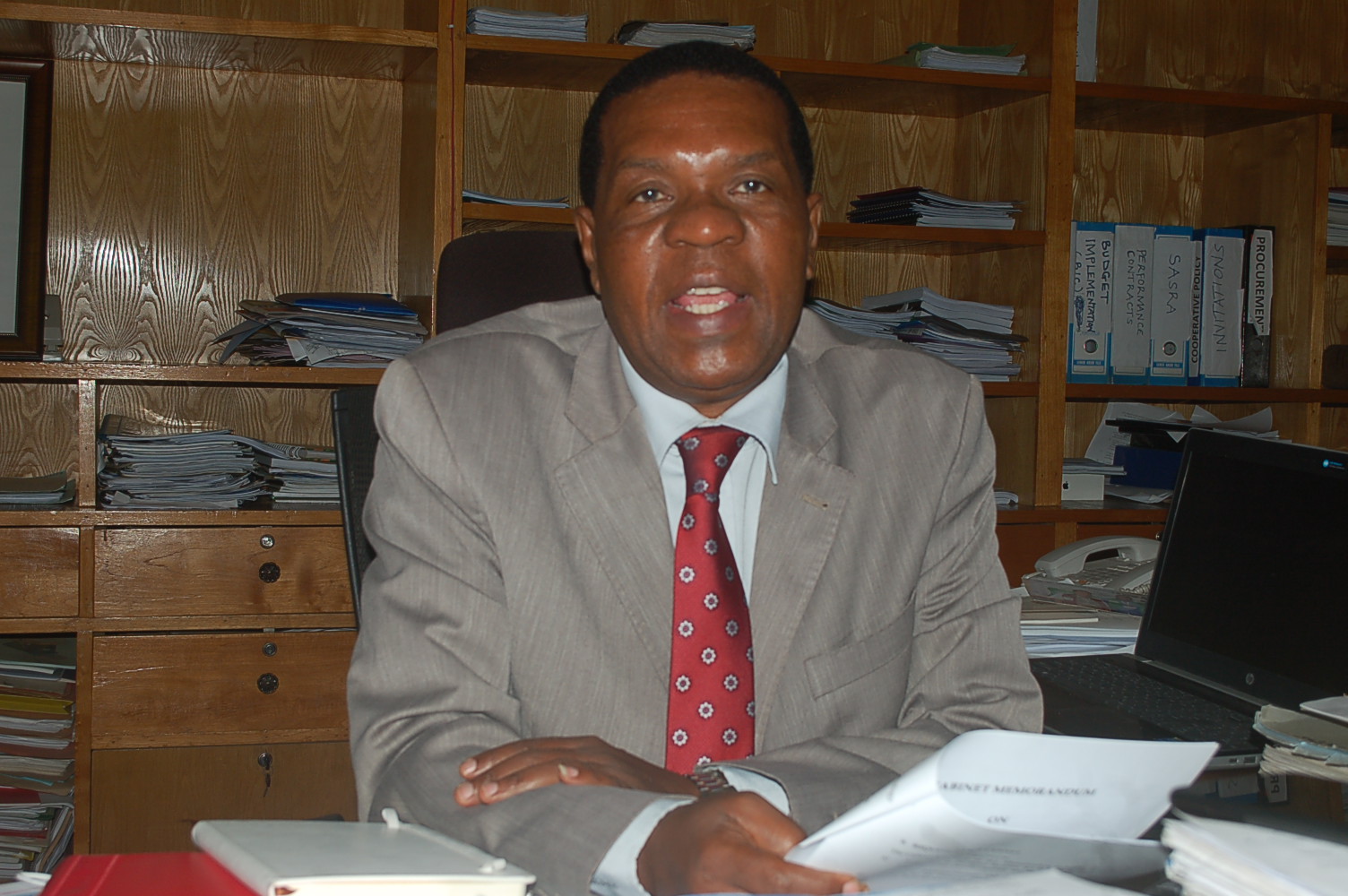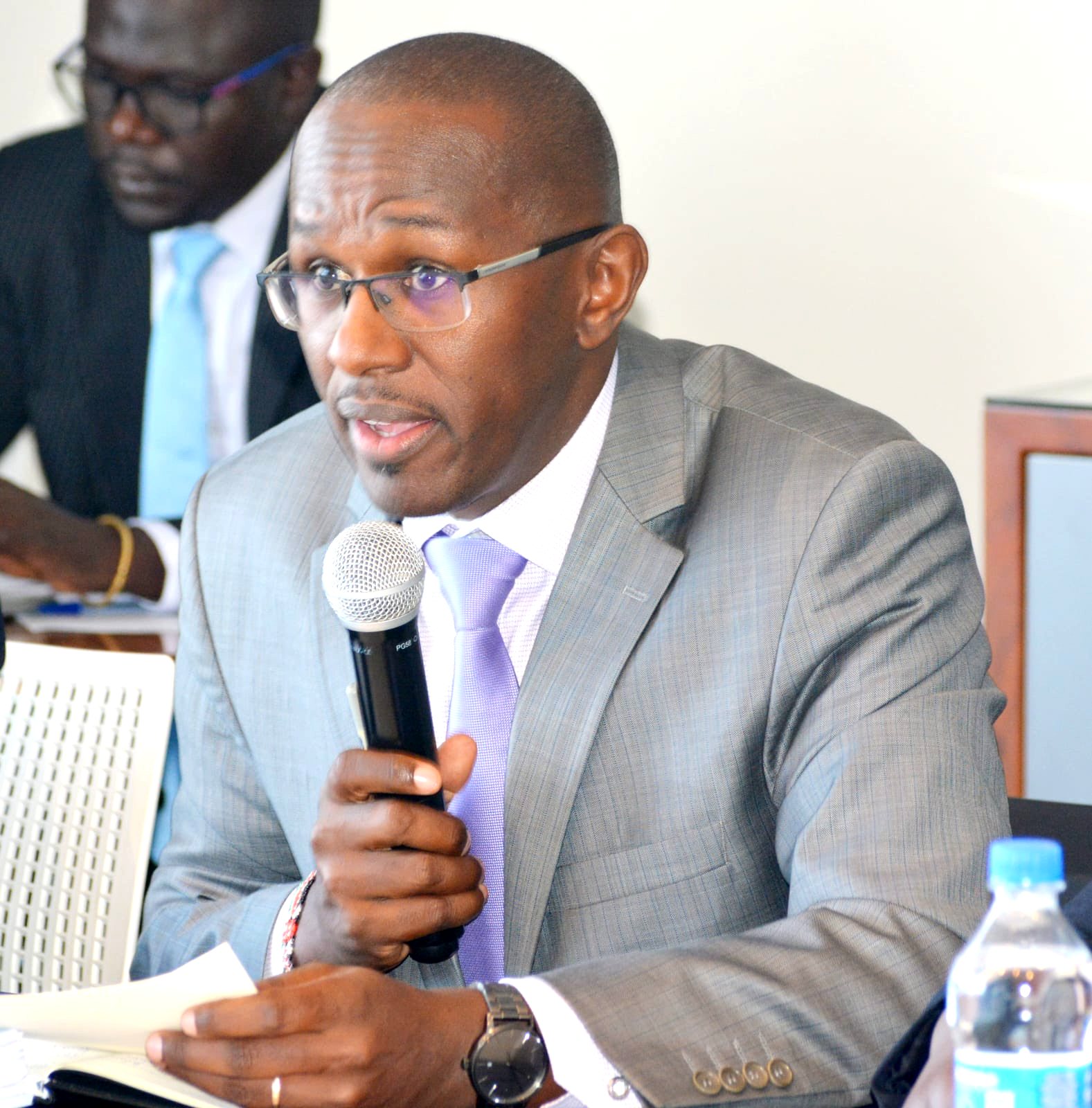By Sammy Chivanga
Outstanding remittances to Saccos from employers have exposed the sector to a myriad of challenges with many of them operating in financial depression.
The piling up of outstanding deposits has put the sector in liquidity strains with no redress because the entities involved have gone scot free.
Firms drawn from both the public and private sector are continually holding onto money deducted from their workers’ payroll for the purpose of remitting to Saccos.
Commissioner for Cooperatives Development Geoffrey Njang’ombe says struggles facing institutions such as universities is part of the challenge but strong sanctions are necessary for deliberate defaulters.
“The current law is very strong. However, we are also reviewing it and where we feel it needs strengthening, we will do it. We have a taskforce reviewing it. There can be more sanctions on employers who fail to remit,” says Mr Njang’ombe.
Non-remittances menace has been made worse by Covid-19 economic disruptions that have seen firms in sectors such as the hospitality industry, aviation, transport, media and education sacrifice the interests of Saccos to meet their own liquidity needs.
And now the operations of many Saccos are being hampered by the growing cases of employers who deduct employees but fail to remit the money.
Non-remittances have continued to negatively affect the ability of Saccos to meet their financial obligations to the members, as well as failure to meet prudential compliance requirements.
Such delays impact negatively on Saccos by denying them enough money to lend to members. The movement usually depends on members’ contributions to issue loans.
Eyes are now shifting to the regulators— Sacco Societies Regulatory Authority (Sasra) and the Commissioner for Cooperatives— to take decisive action and save the cooperative movement from this conundrum.
“The law is very strong on this and we have done a lot on recoveries. But the main culprits are universities and it has to do with the struggles they are having. Some even struggle to pay salaries,” said Njang’ombe.
He said there was negligence before the Covid-19 outbreak but the poor financial state of learning institutions especially now that they have closed is another factor.
Mr Njang’ombe said his office has helped make some recoveries from universities, with Sh5 million coming from Egerton University and Sh200 million from University of Nairobi.
There are governance lapses in places such as Egerton, which the regulator says makes the recovery more complicated.
“Today, even if you went to court, the struggling firms may get some relief because they even delay salaries. And you can’t attach their accounts because there is no money there,” explained Mr Njangombe.
Saccos have conventionally operated under the concept of remittances of deductions from employer institutions which have a legal underpinning in Section 35 of the Co-operative Societies Act.
Members of Saccos usually issue instructions to their respective employer-institutions to directly make periodic deductions from their salaries or other incomes and to remit the deductions directly to their respective Saccos.
The first category of deductions are those meant to build members’ non-withdraw-able deposits—popularly known as the BOSA deposits.
These are the deposits which the member may use as collateral to obtain credit facilities from Saccos.
The second category of deductions and remittances are those meant to periodically repay any loan or credit facilities –popularly known as the loan repayment deductions.
While public universities and tertiary colleges have been among the leading culprits in overstaying with Saccos’ dues, the National government and the Counties has registered a marked reduction in the non-remitted deductions.
“I wrote letters to counties, directly to governors, and they responded very well. But some parastatals such as Agricultural Development Corporation, KBCand Posta have found it difficult to pay because of the struggles,” said Mr Njangombe.
He explained that Section 35(7) of the Cooperatives Act says if there is money in an entity’s bank account and it has pending remittances, the bank must remit or it is assumed they are the ones holding the money.
“The law has served us well because once we attach the accounts the bank has no option but to remit the money. And banks usually respond well,” he told the Sacco Review.
The compounded effect of these delayed or defaulted remittances is the perennial failure by some DT-SACCOs to meet obligations to members arising from the resultant liquidity constraints.
This in turn leads to members’ apathy and loss of confidence, as well as high levels of defaulted loans.
“The capacity to give loans also gets impaired by the non-remittances. Andd should a member want to withdraw after retirement, they may not get money on time if the society’s liquidity is low,” said the commissioner.
Other challenges include failure to meet and maintain prudential standards especially the liquidity ratio and capital adequacy ratio and liquidity constraints making it impossible to issue new loans.
Regulators have been in consultation with stakeholders and policy makers to re-look at the effectiveness of the prevailing legal and operational framework on remittances by employer-institutions.
Saccos are now encouraging members to use withdrawable deposits savings accounts (FOSA) held by members of Saccos.
This ensures that any deductions due to the financial institution as loan repayments, are directly made by the financial institution as a first charge and only the balance is released to the account holder.


